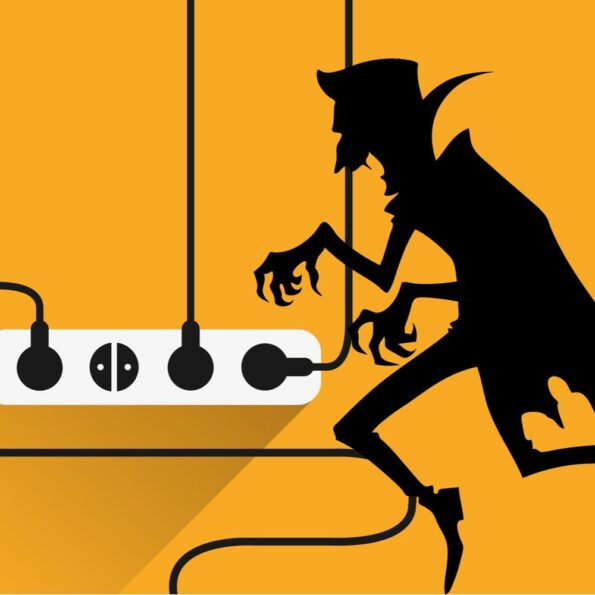How does your charger become an Energy Vampire?:What is Vampire energy or power- the hidden risks of leaving chargers plugged in

Most people leave their chargers plugged in even after their phones are fully charged, thinking it makes no difference. But energy experts warn that this habit wastes electricity, though in small amounts. Chargers continue to draw power even when not connected to a phone. This happens because the internal transformer and circuitry stay active always ready to charge. This silent energy drain is known as “vampire power” or standby power. What is Vampire Energy “Vampire energy” (also called phantom load) refers to electricity consumed by devices even when they’re switched off or idle. While a single charger may use only 0.1 to 0.5 watts, multiple plugged-in gadgets like TVs, computers, and chargers together can increase your electricity bill noticeably. “Vampire energy (also called phantom load) refers to the electricity that devices consume even when they’re turned off or in standby mode. Idle chargers are a classic example they constantly sip power just by being plugged in,” Barret Abramow says. “A single charger might draw only 0.1 to 0.5 watts, but across a year, and especially in households with many devices, it can add up to wasted energy and money.” Why unplugging your charger matters Keeping chargers unplugged isn’t just about saving electricity. It comes with other important benefits: The only so-called benefit of leaving chargers plugged in is convenience you don’t have to plug them in again. But the trade-offs outweigh that minor ease. Is it really a big deal Alone, one idle charger won’t make a dent. But in a modern home filled with always-on electronics, the combined effect is significant. That’s why energy experts recommend building the habit of unplugging. A simple habit with lasting impact The solution couldn’t be easier: unplug your charger when you’re not using it. This small step helps you save money, protect your devices, reduce fire risks, and contribute to sustainable living. A tiny habit change today can have long-term benefits for both your wallet and the planet.
Search
Recent
- Steve Jobs last email: He wrote to himself on Apple email ID: Read full message
- ‘Classified documents or Epstein files?’ White House bag toss leaves internet guessing | watch
- 2 associates of Lawrence Bishnoi gang held, arms recovered
- Over 26,000 people affected by floods in Gurdaspur
- 33 killed, 7 lakh evacuated: Pakistan’s Punjab faces biggest flood in history




